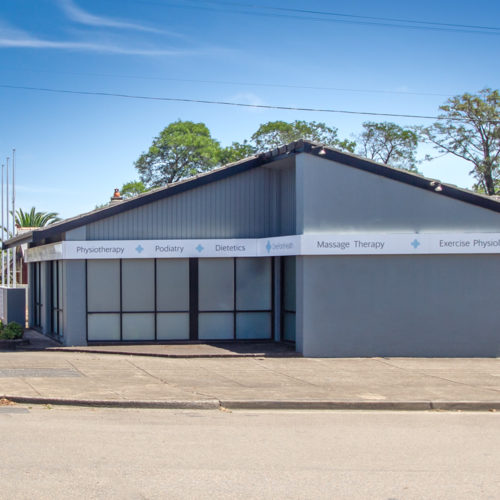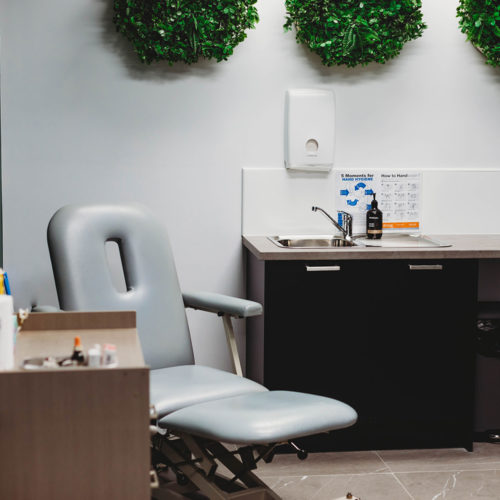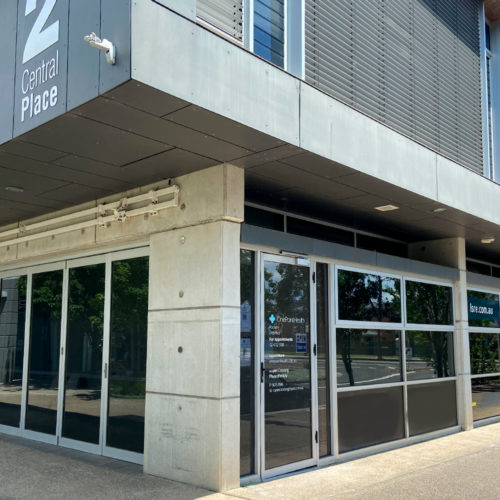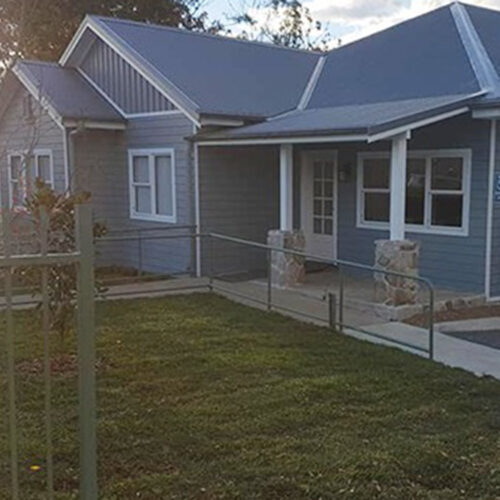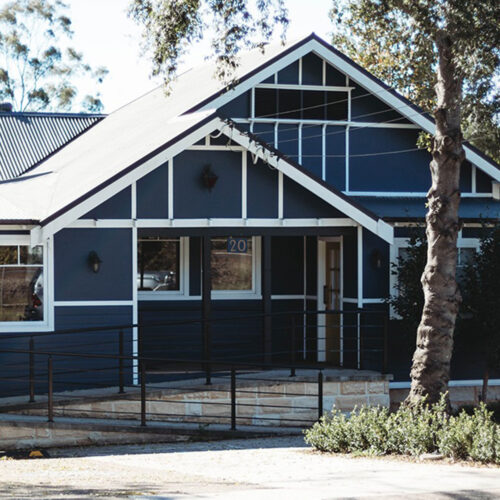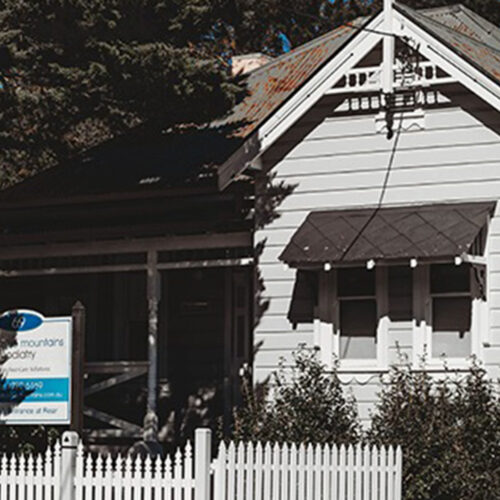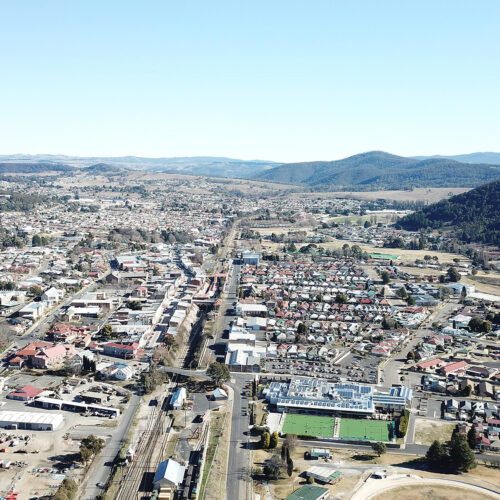Infant Footwear; Selecting Their First Pair of Shoes
The joy and excitement of watching your baby grow and develop are like no other. From the time they first learn to roll over, to when they crawl, climb and eventually begin to walk, every milestone is a celebration. The time has come that you now may want to purchase shoes for your new walker.
At OnePointHealth, we see many parents of new walkers coming in with concerns with their child’s walking and wondering what shoes are the best options.
The sole purpose of footwear for toddlers is not about moulding their feet or supporting their limbs, it is for protecting them from the external world (think rough terrain, sharp surfaces, all the nasties out there).
Lightweight and flexible
Footwear for your toddler should be light enough for their legs to be able to lift and flexible enough so that their feet can move naturally. A thick-soled, rigid shoe would impede this and make it difficult for your child to walk.
Flexible thin sole
On the bottom of our feet are sensory nerves that tell us when we are in contact with the ground. A toddler, who has been barefoot, gets placed into footwear as they start walking which results in a loss of sensation. They then have to stomp their feet down in order to gain some form of sensory input in order to feel stable. Having a flexible, thinner sole on the shoe allows for sensory information and a more natural walk.
Fit
Ensure that there is adequate room at the toes regarding depth and width. Check to make sure the shoe isn’t pressing down onto their toes or toenails. Consider the shape of the toe box of the shoe and see if it matches your child.
Footwear that has adjustable fasteners (whether laces, Velcro or buckles) is more favourable as it allows for a more customised fit.
When to see a Podiatrist for your child?
Children are constantly developing and all at different rates so if you are at all concerned, you can always seek podiatric opinion for your child’s feet and for advice regarding footwear. Other reasons include if your child is a late walker without any other known reason, or if they notice excessive in-toeing (pigeon-toed) or out-toeing, and excessively tripping or falling over.

